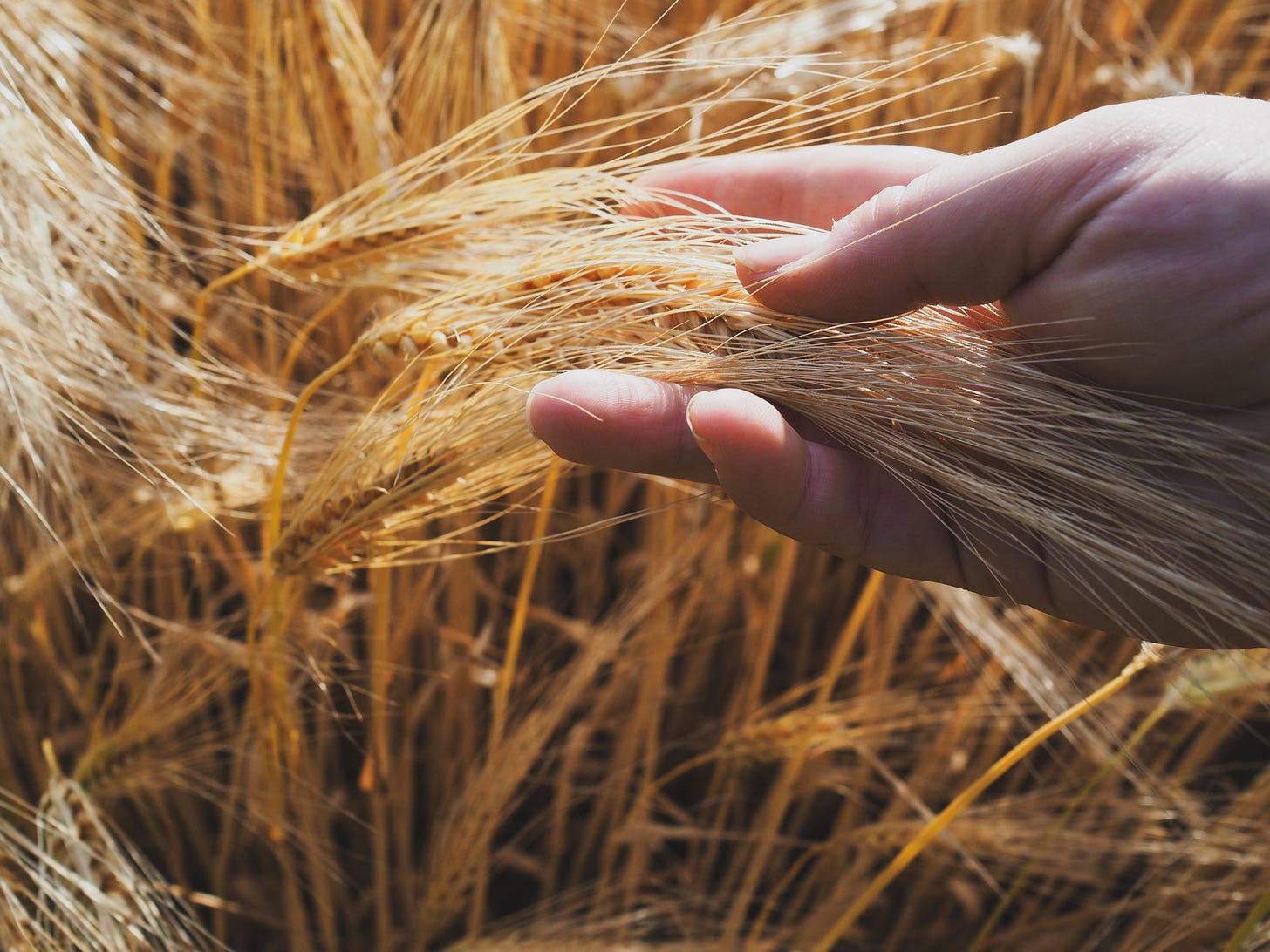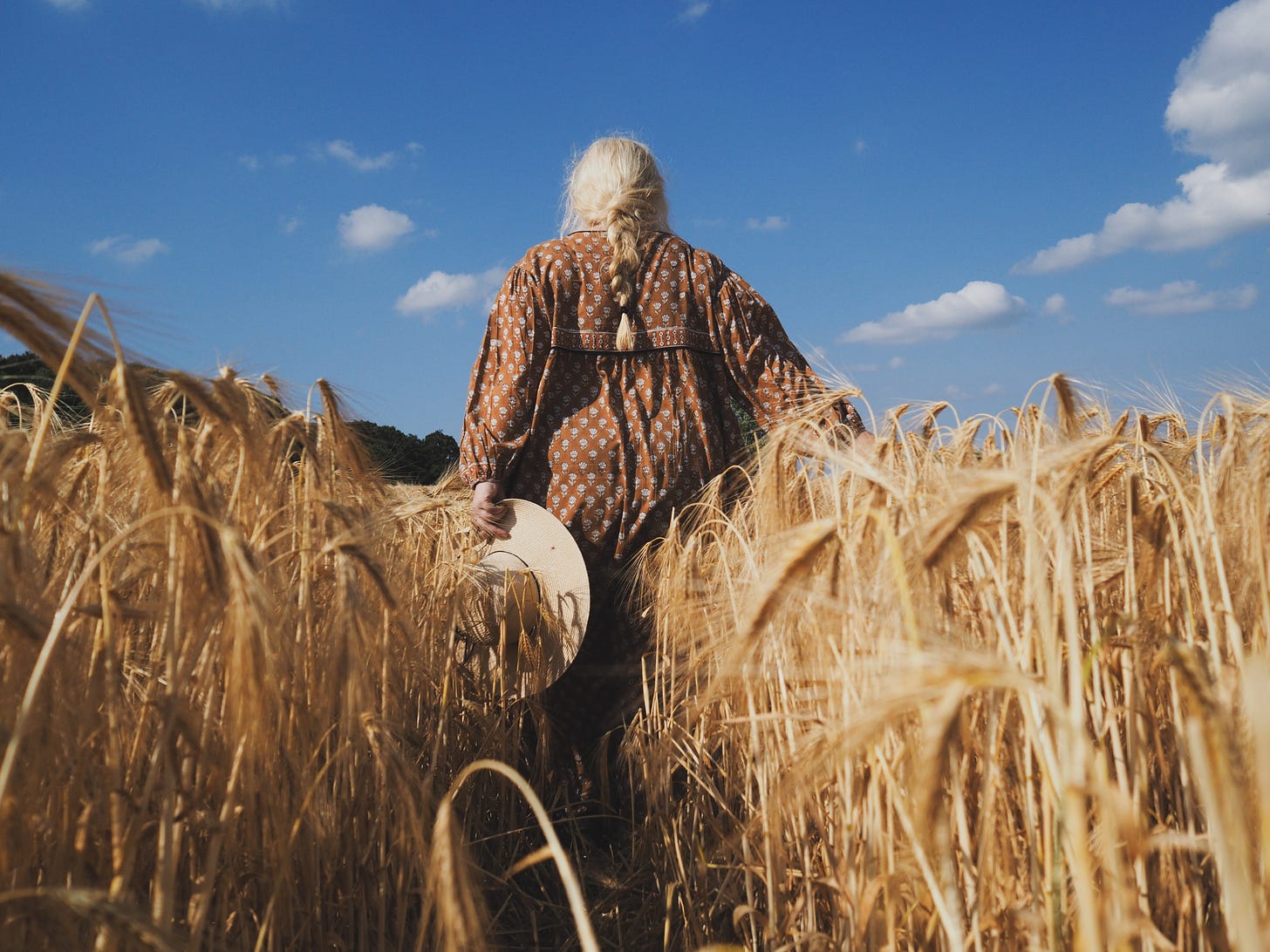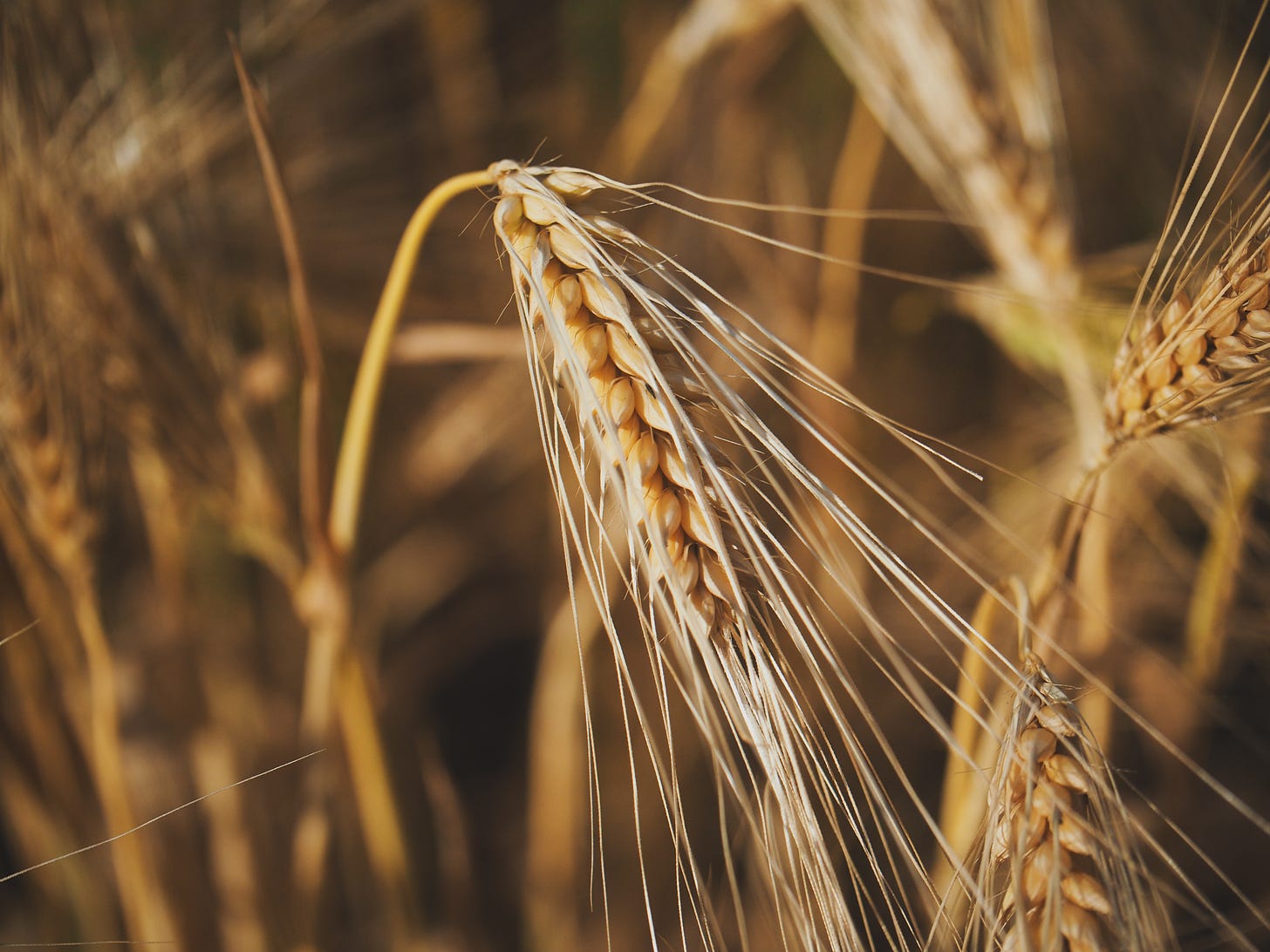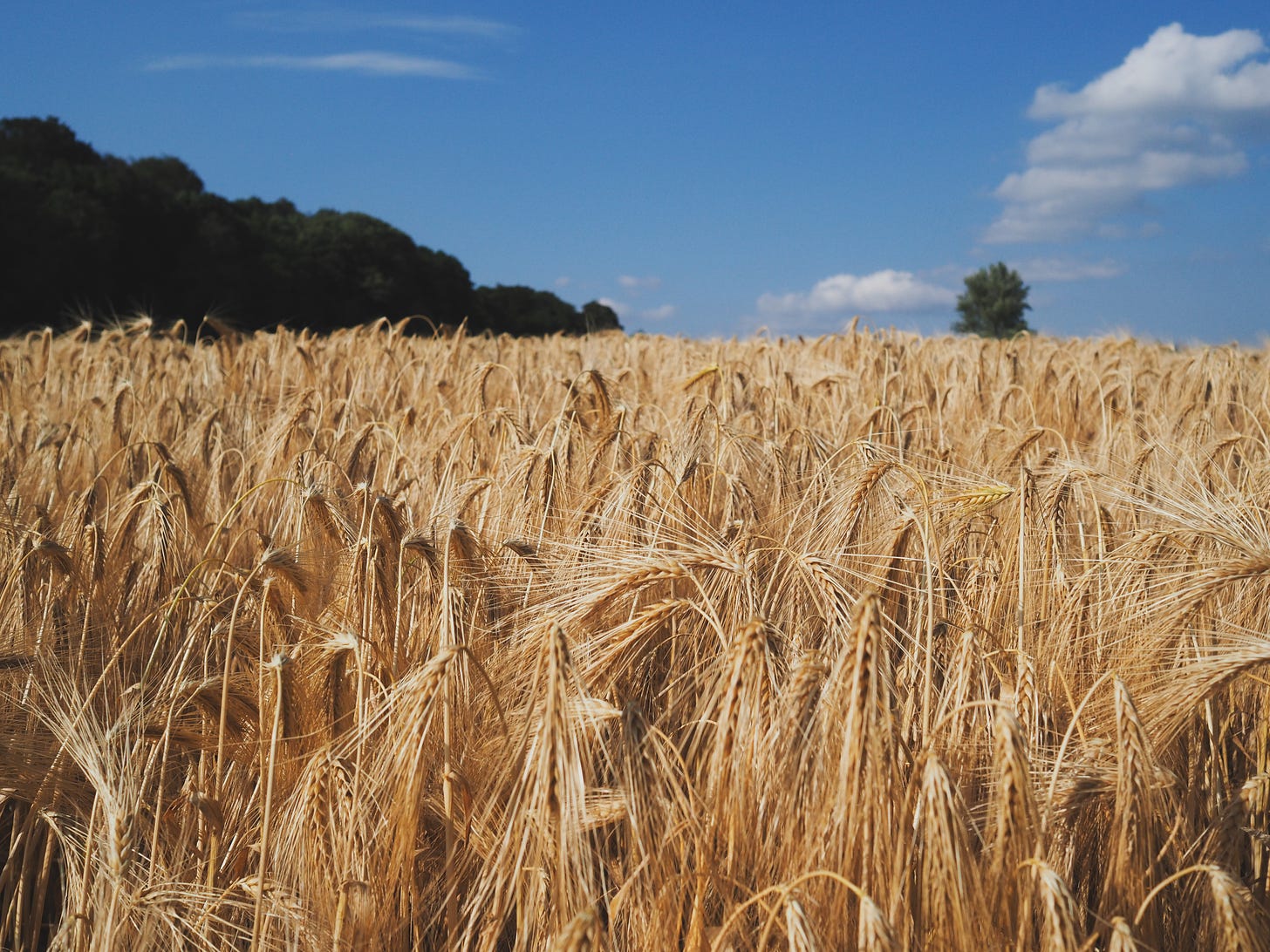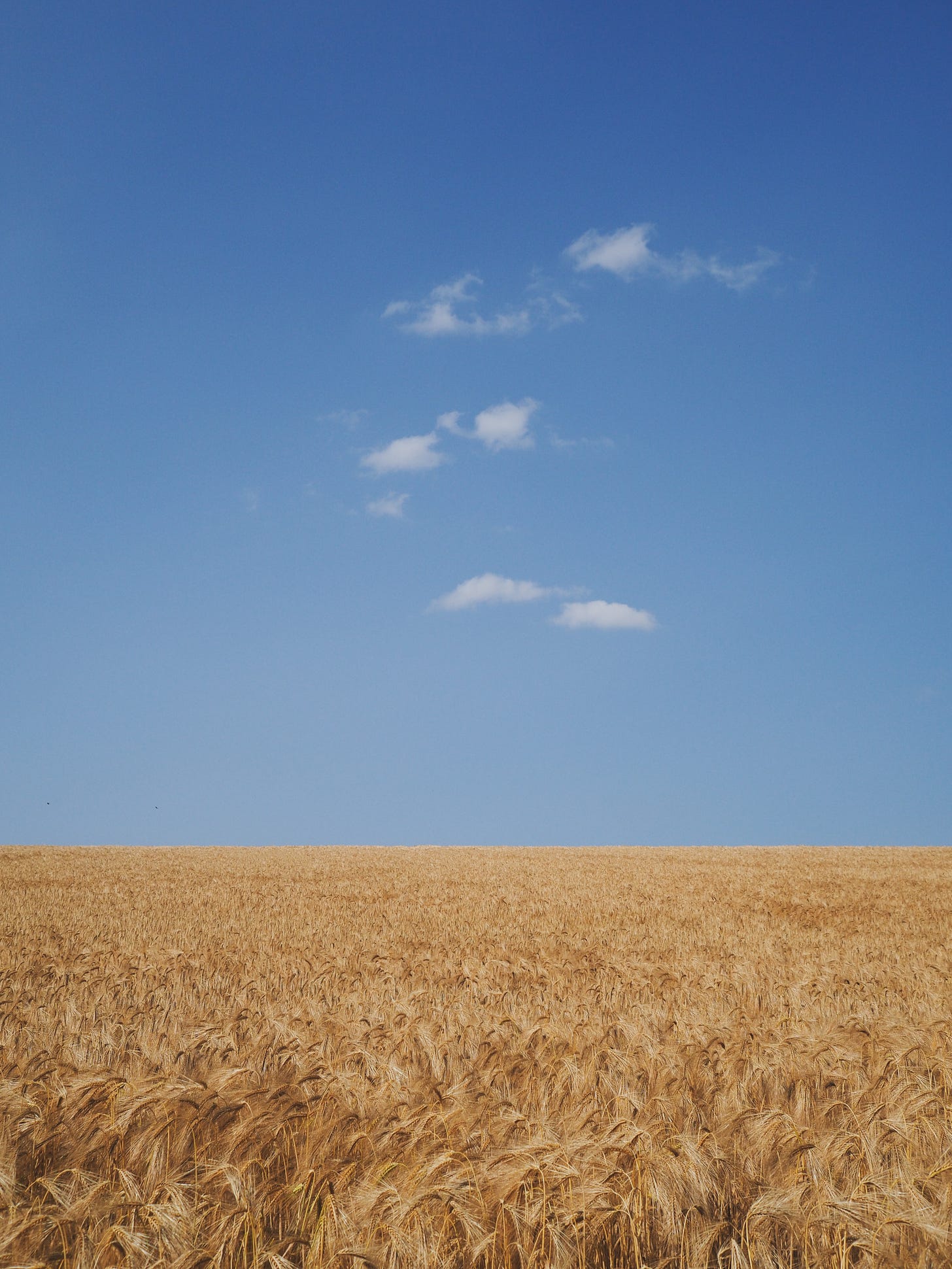Home is currently a small city, which I live right in the centre of. The internal dissonance that I feel living in such an industrial, busy, smoggy place couldn’t be greater. I’m a country girl and I will never not long for green fields, and hills with breathtaking views.
I don’t have a garden, but since moving here a few years ago I have found a small sanctuary in the form of a nature reserve, which helps to preserve my sanity. It’s my closest green space — a 15 to 20 minute walk away. Without this, I really believe that my mental health would have disintegrated. Being able to feel my hands in soil and birdsong in my ears —even occasionally—is an antidote to the relentless pace of a city that never slows down.
I grew up in a tiny town surrounded by fields and not much else. You couldn’t walk anywhere without bumping into someone you knew. I’ve never been the most sociable person in the world, so this was always awkward and uncomfortable, but I loved living there because I was so close to nature.
I spent most of my time hanging out in the woods, or hiding in-between the wheat sheafs in my favourite field. This same land is the place I continue to return to whenever I need to recalibrate my inner compass. Although I no longer live near to where I grew up, I still have family there, so whenever I visit them, I also visit the fields. Right now they are a deep gold, rippling with the graceful movement of the wheat in the breeze. It’s always a sight that stops me in my tracks, no matter how many times I’ve seen it. It’s about more than just beauty though. I really feel as though the land has made me in some way.
It’s the wheat field I ran to whenever I had lost my job, or been through a break-up, or was trying to stop myself from hurting my own body and needed to be somewhere that felt safe when my inner landscape felt very unsafe. The land felt protective, as if it held me during tough times. My story is inextricably tied up with the soil there.
Thankfully it’s not all sadness though. I have happy memories of my brother and I playing hide and seek there when we were small. And my equally socially awkward friend coming with me to the field where we sat in companionable silence reading and making perfume out of poppies.
This land which grows endless fields of wheat and has soothed my soul many times over, is also the place where I come back to, to celebrate Lammas.
Lammas is a feast and celebration of the first fruits and the opening of the harvest on August 1st. It’s an Anglo-Saxon festival documented as far back as 921 in the Anglo-Saxon Chronicle.1 The name Lammas is a Medieval English and Scottish derivative of the Anglo-Saxon ‘hlaef-mass’ or loaf mass. A feast of the bread. With the reaping of the first grains, it’s easy to see why such an event was a cause for celebration in centuries-old farming calendars. Even now, more than 1100 years later, there’s still cause to celebrate nature’s abundance (before it’s destroyed totally).
In the area where I live, the blackberries are turning from dark red to a deep blackish-purple. I tried one yesterday and it was still a bit sour, but it won’t be long until stained fingers stir pots of sweet jammy goodness. The seeds are scattering from path to meadow, finding new homes in new roots. The community orchard is full of weighed-down branches. Some apples are turning a russet-y brown, others are muted shades of green. One lone tree is producing cartoon-red apples which beg to be eaten, but never seem to make it to the ground whole (who can blame the wildlife!).
Grasses have frothy heads and the mugwort towers over all the other hedgerow plants. Lavender and yarrow fill the gaps with their fragrance and medicine. It’s beautiful and slightly mournful at the same time. I can feel autumn at my heels and I want it all to slow down a bit. I don’t want summer to be over. It’s all passing too quickly.
Lammas feels like joy and sadness, waiting and changing, harvesting and scattering, celebrations and farewells. The beginning of the end of summer…
Stations of the Sun by Ronald Hutton





